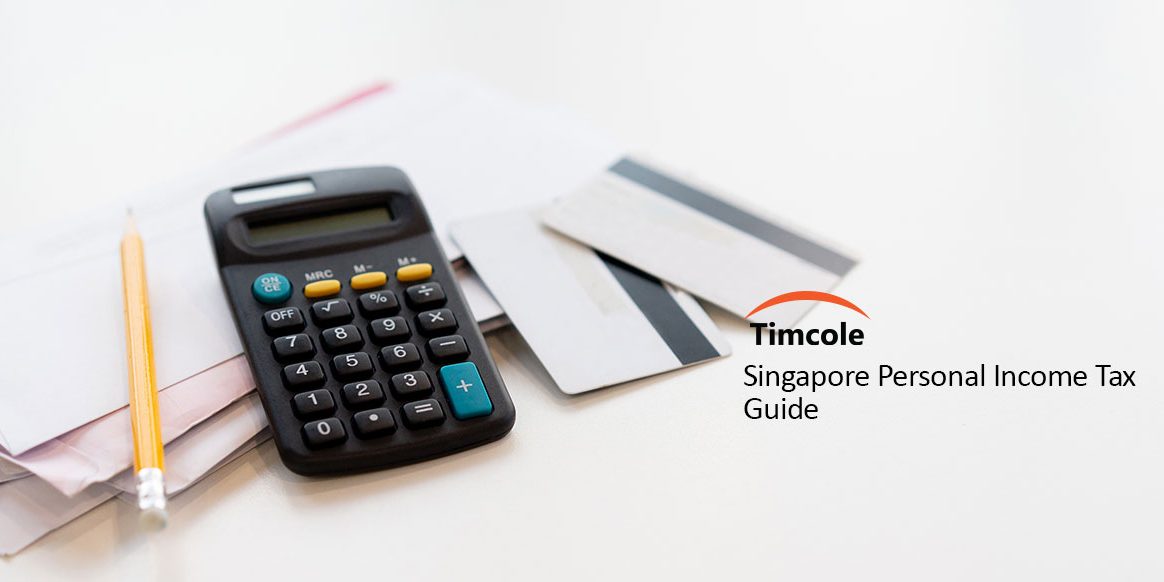Singapore Personal Income Tax
The tax system of Singapore includes both corporate income tax and personal income tax. One of the reasons why Singapore is a very attractive business location is that it has one of the lowest personal income tax rate in the world today.
The taxable income amount and tax residency are the factors that determine the personal income tax liability. Here are some major points you should know about the Singapore income tax for individuals:
- The progressive tax rate in Singapore begins at 0% and ends at 22% above S$320,000.
- Every income generated in Singapore are subject to tax, but individuals who work abroad are exempted from this.
- Capital gain or inheritance tax doesn’t exist in Singapore.
- Tax rules may vary for individuals according to their tax residency.
- April 15 of every year is the due date that all individuals must file their tax for assessment based on the record for the preceding year.
Singapore Personal Income Tax for Permanent Resident or Singaporean
1. Income tax rate
The progressive tax rate in Singapore begins at 0% and ends at 22%. In Singapore, every individual who earns a minimum of S$22,000 annually must file a tax return. An individual whose annual income is less than S$22,000 doesn’t have to pay tax.
2. Who is a tax resident?
Everyone who falls under one of the categories below is a tax resident.
- a Singaporean; or
- someone who resides permanently in Singapore and has a permanent residential address in the country; or
- a foreigner who has worked or stayed in Singapore for at least 183 days in the tax years not greater than S$22,000.
Personal Tax for Singapore Non-Residents
1. Who is a non-resident?
You will be considered as a non-resident if you are a foreigner who hasn’t worked or stayed in Singapore for up to 183 days in the tax year.
2. What will be exempted and what will be taxed?
- If you don’t reside in Singapore for up to 60 days in a year
Tax will not be levied on your employment income. However, this practice does not apply to a company’s director, a public entertainer, and professionals like consultants, foreign speakers, foreign experts, trainers, etc.
- If you reside in Singapore between 61 and 182 days in a year
Every income you earn in Singapore is taxable. You have the right to claim donations and expenses to save tax except for personal reliefs.
- Consultant fees, director fees, and remuneration as well as other incomes, are at a rate between 15% and 22%.
- Employment income attracts a tax rate of 15% or the progressive resident rate depending on the one that generates a higher tax.
How to File Singapore Personal Income Tax Returns
- You can file your returns online or by mail.
- Once you request to file your tax return, IRAS will send the appropriate paper tax form to you, and you will gain access to the online form from the 1st of March every year.
- Tax forms at one glance:
- a. Tax Form B1 is for tax resident individuals.
- b. Tax Form B is for those that are self-employed.
- c. Tax Form M is non-resident individuals.
- A tax bill or Notice of Assessment will be sent to you between May and September after you have submitted your returns.
- The tax that you are expected to pay will be written on the tax bill. In case there is an objection, you will have to inform the tax department in less than 30 days and clarify whatever reasons you have.
- You must pay your tax fully within 30 days of collecting the Notice of Assessment, even if you have clarified the reasons for your objection to the tax authority.
- Any late filing will attract penalties. Kindly note that IRAS has the right to take legal actions against individuals who fail to file a tax return or fail to pay tax.
Tax Treatment of Income Earned Overseas
According to the tax rule in Singapore, tax can’t be levied on any overseas income received in Singapore on or after 1st of January 2004. This rule is applicable to all overseas income paid directly into a Singapore bank account. You are not required to file a return in this kind of situation. However, a few exceptions exist. Here are those exceptions:
- The overseas income becomes taxable if:
- Your overseas employment that generated the income is part of your Singapore employment.
- The income is received through partnerships in Singapore.
- Your overseas employment is on behalf of Singapore’s Government.
- How to declare overseas income that is taxable: You should declare overseas taxable income under ‘trade income’, ’employment income’, or ‘other income’ depending on the applicable option.
Tax Treatment of Employer Benefits
Generally, all gains or profits that you derive from your employment are taxable. Gains or profit covers include all monetary benefits as well as other kinds of benefits.
Here are some examples of taxable benefits:
- Car and car-related benefits
- Accommodation and housing allowance
- Fixed monthly transportation allowance and meal allowance
- Per diem allowances
- Overtime payments
- Medical bills paid on your behalf or on behalf of someone who depends on you
Capital Gains Tax, Inheritance Tax, Estate Duty
The term “capital gains” refers to investment income generated from real assets. Examples include financial assets, property, etc. Singapore doesn’t demand capital gains tax.
Inheritance tax is often referred to as Estate Duty in Singapore.
Estate duty is a tax that a person pays when he or she dies in connection with the financial estate that he or she leaves behind. However, Singapore has abolished Estate Duty since 2008.
 For information on Company Tax, read:
For information on Company Tax, read:
- Tax Planning for Companies in Singapore
- Tax Saving for Setup Companies in Singapore
- Industry Specific Tax Incentives in Singapore
Timcole can assist you in the setting up of a sole-proprietorship or private limited company.








